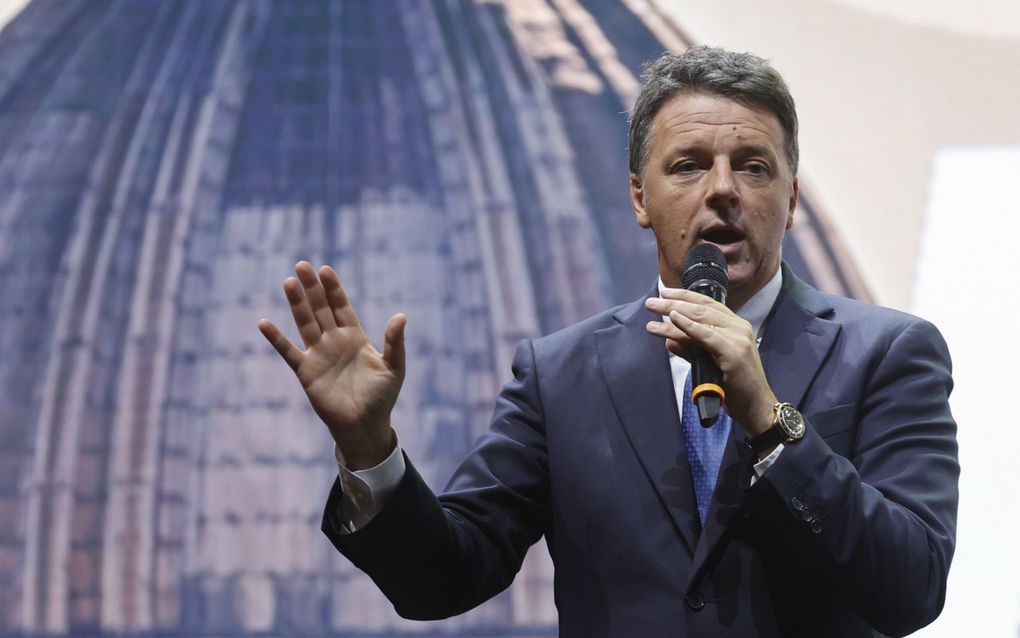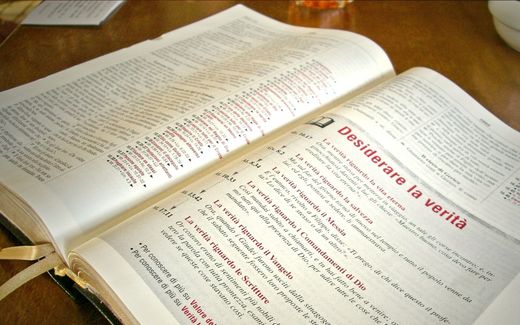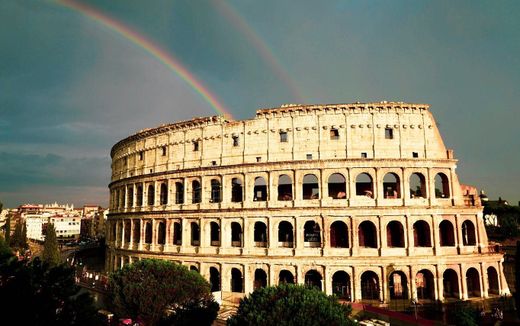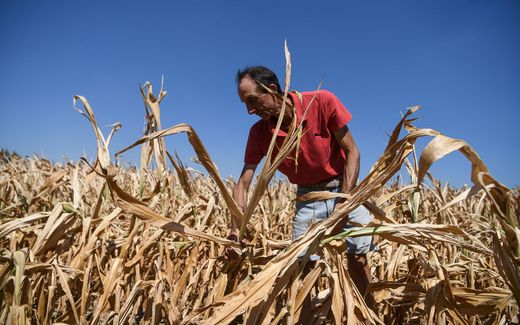Weekly column from Italy: When politicians only use Christianity for their own benefit

Matteo Renzi, head of the Italia Viva political party, speaks during the event 'Renew Roma' during an election campaign in Rome, Italy, 14 September 2022. Photo EPA, Fabio Frustaci
Christian Life
Typically, everything in Italy slows down in August. Things come to a halt, waiting for September. Even the Parliament.
This year, for the first time in the history of the Republic, also August was a politically busy month. After the fall of the Draghi government on July 20th, an intense electoral campaign began ahead of the September 25th elections.
In Shakespeare's words, we could say it is "much ado about nothing." Italians are, in fact, witnessing an almost absurd spectacle. The same governing parties that supported Mario Draghi (except Giorgia Meloni) until July 20th are now raising the temperature by accentuating their differences.
Stable government
The Draghi government was formed due to the two parties' twice failed attempts at establishing a stable government. So, the former ECB president, a non-politician, was called upon to create a stable government with the support of most of Parliament.
Chiara Lamberti (1992) was born and raised in Naples, Italy. She studied Communication Sciences and has a master's degree in Information, Publishing and Journalism. She also has a degree in theology. She writes for the Italian Evangelical Alliance and contributes to the Protestant magazine Loci Communes. With her husband, daughter and son, she lives in Rome.
After 18 months, the 5 Star Movement, Lega, and Forza Italia inexplicably brought down the government for various reasons. They pursued their own interests, creating an inexplicable situation for most of the population, which is struggling with the consequences of two years of the covid pandemic and the extreme increase in the cost of living due to the war in Ukraine.
As Evangelicals, it is not easy for us to relate to the Italian political scenario. In fact, one must beware of some traps.
For the first 50 years of the Republic, Italy was governed almost uninterruptedly by the Christian Democrats, a Catholic-inspired party. With the so-called fall of the "Prima Repubblica" and the dissolution of most parties from that time, religion and the word "Christian" are taking on a new meaning in politics.
Excluding minorities
Progressive parties, fighting for all freedoms, ignore religious freedom in their election campaigns. In their agendas where they think they must include everyone, reference to religious minorities is almost always excluded. If the parties thought they were speaking to a totally Catholic population before, now they believe they are talking to a secularised majority without considering the many minorities, including Protestants.
On the more conservative side, on the other hand, although there is no longer a party formally inspired by Catholic doctrine, Christianity is used as a political weapon. Some politicians instrumentalise religion and Catholic background to emphasise "Italian identity". The use of Catholicism as the identity of the "true Italian" hides the anti-immigration political agenda of these parties.
Responsibility
So, Evangelicals can be turned off by complete political disregard for the faith or the instrumental use of religion by some parties.
However, this difficult situation should not make Evangelicals forget their responsibility to pray for the authorities and to exercise their royal responsibilities in going to the polls.
Abstaining from voting means not exercising one's responsibility, as can be read in a Vademecum for Elections (taken from Studi di Teologia No. 34 [2004]). However, putting all hope in voting is to forget that it is not politics that will bring about God's kingdom on earth.
Related Articles






